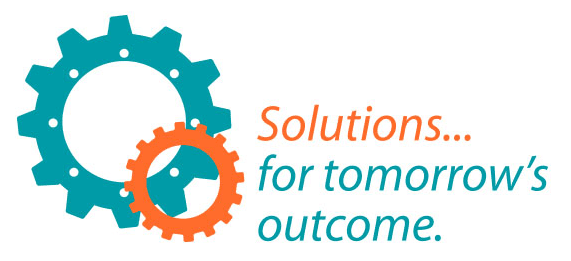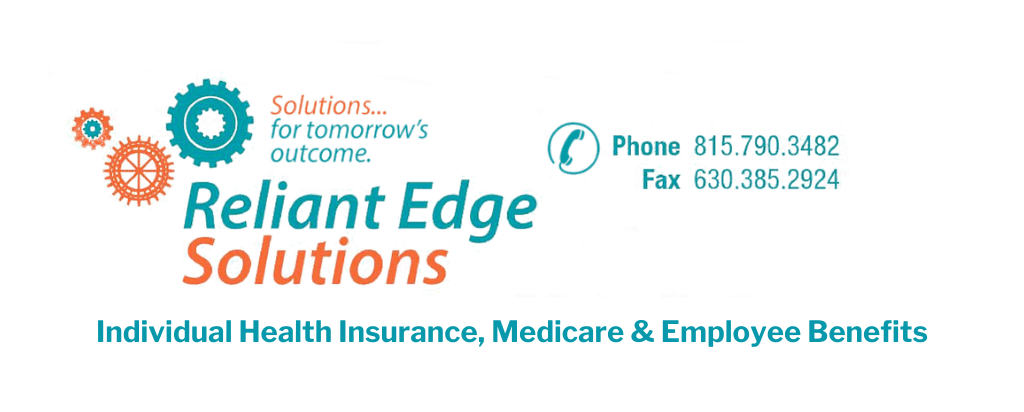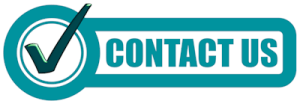We are here to help provide you answers . . .
F.A.Q.
Please contact us if we can answer any questions regardless whether your question is large or small …we are here to help you!
Who can buy coverage in the Marketplace?
Health Insurance Marketplaces (also known as Exchanges) are new organizations that will be set up to create more organized and competitive markets for buying health insurance. They will offer a choice of different health plans, certifying plans that participate and providing information to help consumers better understand their options. Through the Marketplace, individuals and families will be able to shop for coverage if they need to buy health insurance on their own. Premium and cost sharing subsidies will be available through the Marketplace to reduce the cost of coverage for individuals and families, based on their income. Individuals and families with very low incomes will also be able to find out at the Marketplace if they are eligible for coverage through Medicaid and CHIP. Finally, small businesses can also buy coverage for their employees through the Small Business Health Options Program (SHOP) Marketplace.
There will be a health insurance Marketplace in every state for individuals and families and for small businesses. Some Marketplaces will be operated by the State and have a special state name (such as CoveredCalifornia or The Maryland Health Connection.) In other states where the federal government runs the Marketplace, it will be known called The Health Insurance Marketplace of Illinois
Links to all state Marketplaces can be found at www.healthcare.gov
Source: Kaiser Family Foundation
When can I enroll in Medicaid through the Marketplace?
You can enroll in Medicaid or CHIP at any time during the year, not just during Open Enrollment.
May I be charged more if I smoke?
Yes, in most states you can. Insurers are allowed to increase premiums by up to 50% more for people who use tobacco, although many insurers apply a lower surcharge for tobacco use. If you qualify for premium tax credits, this tobacco surcharge will not be covered by the tax credit. States are allowed to limit tobacco surcharges and a few have decided to prohibit tobacco rating by health insurers.
What happens if I'm late with my monthly health insurance premium payment?
The answer depends on whether you are receiving advanced premium tax credits. For people receiving advanced premium tax credits, if a payment due date is missed, insurers must provide a 90-day grace period during which consumers can bring their premium payments up to date and avoid having their coverage terminated. However, the grace period only applies if an individual has paid at least one month’s premium.
If, by the end of the 90-day grace period, the amount owed for all outstanding premium payments is not paid in full, the insurer can terminate coverage.
In addition, during the first 30 days of the grace period, the insurer must continue to pay claims. However, after the first 30 days of the grace period, the insurer can hold off paying any health care claims for care received during the grace period, which means the enrollee may be responsible to cover any health care services they receive during the second and third months if they fail to catch up on the amounts they owe before the end of the grace period. Insurers are supposed to inform health care providers when someone’s claims are being held. This could mean that providers will not provide care until the premiums are paid up so that they know they will be paid.
People not receiving advanced premium tax credits are expected to get a much shorter grace period; currently, the general practice is 31 days but it may vary in each state.
I'm uninsured - Am I required to get coverage in 2016?
Everyone is required to have health insurance coverage – or more precisely, “minimum essential coverage” – or else pay a tax penalty, unless they qualify for an exemption. This requirement is called the individual responsibility requirement, or sometimes called the individual mandate.



